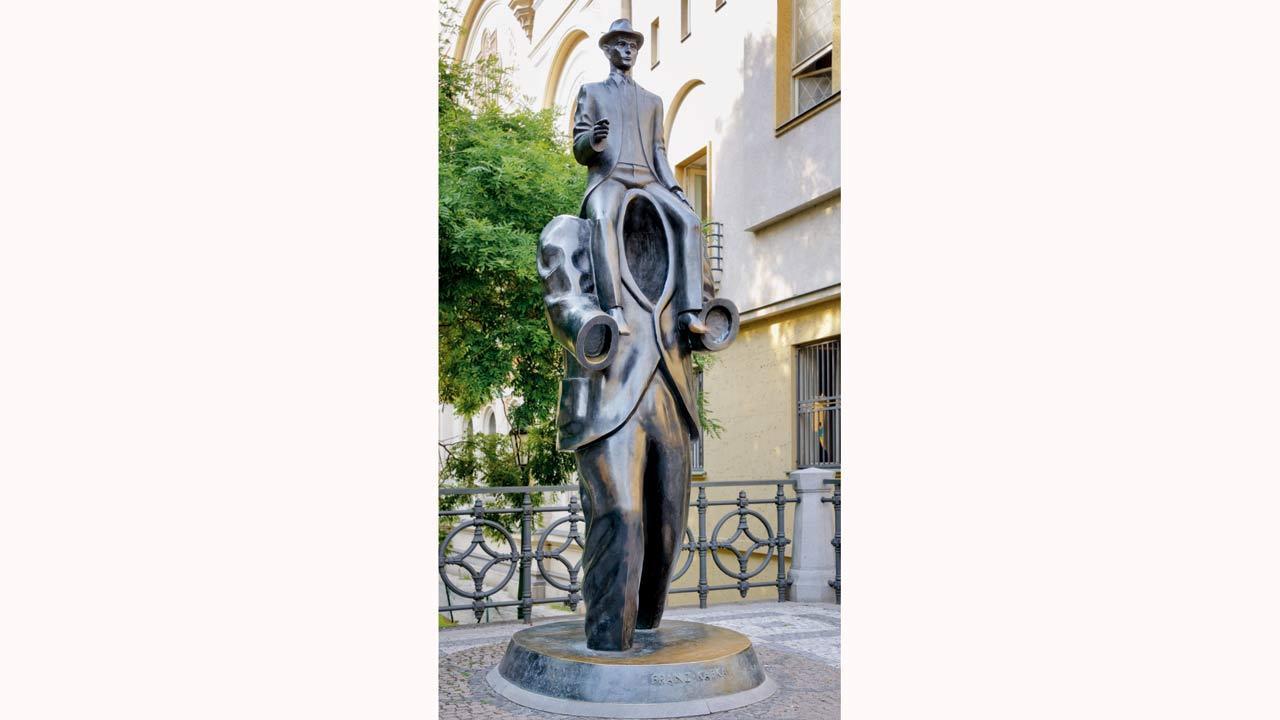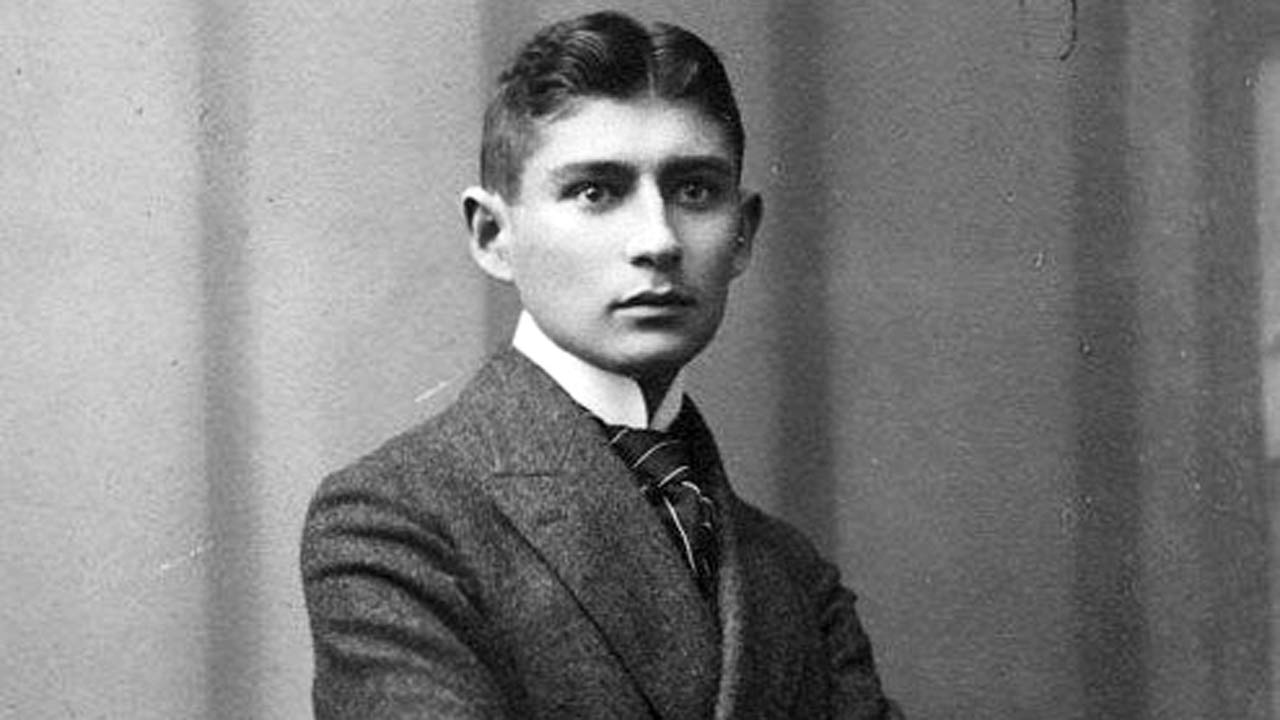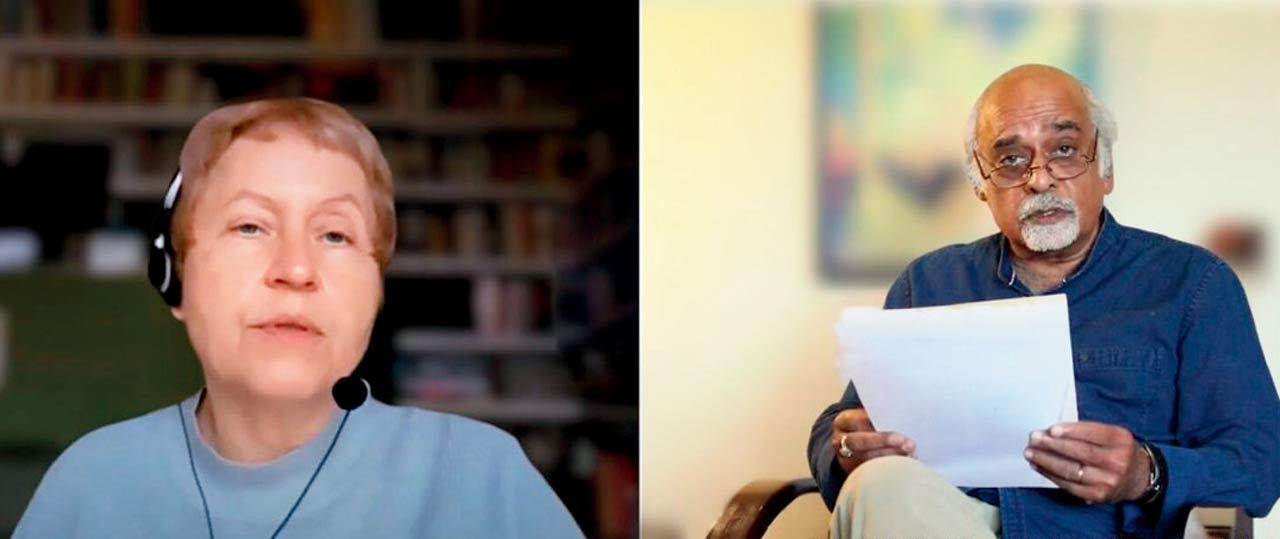Now read the Prague-born writer’s works in languages including Marathi, Hindi, Urdu on the Goethe-Institut Mumbai’s new website

Kafka’s statue in Prague. Pics Courtesy/Wikemedia Commons
The Goethe-Institut Mumbai began its initiative Diamantenschliff: The Digital Translation Academy, last year to foster translation efforts by young literary translators in South Asia. The academy aimed to look at German as the source language from which works would be translated into several South Asian languages. In the first run, Franz Kafka’s fiction — such as selections from The Trial, The Castle, A Country Doctor, The Metamorphosis — was translated into Marathi, Bangla, Hindi, Kannada, Malayalam, Sinhala, Tamil, and Urdu. It seems fitting that this month, to mark the German-language writer’s 141st birth anniversary, the institute launched its website archiving all the efforts undertaken during the run.
ADVERTISEMENT
 German writer Franz Kafka
German writer Franz Kafka
Two things are fascinating about this project. One, it brings great works of literature to an audience that reads in languages other than English. Two, it provides assisted audio readings for those who prefer listening or are unable to read but can speak certain languages. In addition to this, the website stores lectures by translators from around the world. These include hour-long talks by Dr Maya Pandit on translational encounters with divergent voices, Ranjit Hoskote on whether translations can be considered as supersets of cultural life than smaller subset of it, and Dr V Ganeshan on multilingualism, among others.
 Along with facilitating reading material in various languages, the website stores lectures by translators from across the globe like ; Dr Ulrike Draesner and Dr Rajendra Dengle
Along with facilitating reading material in various languages, the website stores lectures by translators from across the globe like ; Dr Ulrike Draesner and Dr Rajendra Dengle
There is also an exchange between Dr Hans Harder and Subroto Saha for Bangla and German speakers. The highlight for us was reading the Hindi translations of Contemplation, worked on by Neha Ansari and Rashmi and listening to a treat of an Urdu reading by Khaled Anam of The Judgment, from a translation by Mohammad Uzair. Readers will enjoy indulging in bites of Kafka written, and read in Marathi too. It is great to see that more doors are opening not just for such stories to reach a wider audience but also for writers to make use of their bilingualism and multilingualism to add life to narratives beyond the oppressions of a singularly dominant language.
Log on to Goethe-Institut India on goethe.de
 Subscribe today by clicking the link and stay updated with the latest news!" Click here!
Subscribe today by clicking the link and stay updated with the latest news!" Click here!












